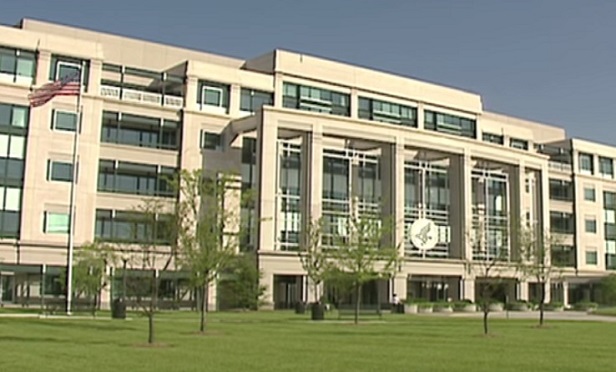 Centers for Medicare and Medicaid Services (Photo: CMS)
Centers for Medicare and Medicaid Services (Photo: CMS)
The Affordable Care Act public exchange system is making a change that could help some people avoid tax nightmares but cause some other people to suffer a sudden, unexpected loss of ACA exchange plan health coverage.
The public exchange programs will be automatically ending the exchange plan coverage of many exchange plan users who appear to have Medicare coverage.
Related: Dem proposal: Medicare for ages 50+
Officials from the Centers for Medicare and Medicaid Services (CMS) talk about the new, automatic expulsion effort in a guide to the “periodic data matching” effort that was released Wednesday.
The Background
The ACA exchange plan program gives low-income and moderate-income people a way to use ACA premium tax credit subsidies to help pay for coverage.
Medicare is a federal health insurance program that serves people ages 65 and older, many younger people who qualify for Social Security Disability Insurance benefits, and people who need kidney dialysis.
Under federal law, people are not supposed to use ACA premium tax credit subsidies and have Medicare coverage at the same time. ”Double dippers” may have to return any ACA premium tax credits they received while on Medicare, when they file their federal income tax returns.
CMS and the exchange programs have been trying to locate ACA exchange-Medicare double dippers every year since 2015.
The 2019 Change
The 2019 Medicare periodic data matching will probably be different, because CMS now has better data matching information technology, officials say in the new Medicare data matching program guide.
The new technology “allows the exchange to take action and end a consumer's [ACA subsidies] if they're found to be dually enrolled in Medicare and an exchange health plan,” officials say. “Beginning in 2019, the exchange will now also end exchange health plan coverage for consumers who permit the exchange to take this action if they're found to be dually enrolled at a later date.”
Nuts and Bolts for Agents
Resources
A copy of the Medicare data matching guidance is available here.
Read more:
© Touchpoint Markets, All Rights Reserved. Request academic re-use from www.copyright.com. All other uses, submit a request to [email protected]. For more inforrmation visit Asset & Logo Licensing.






